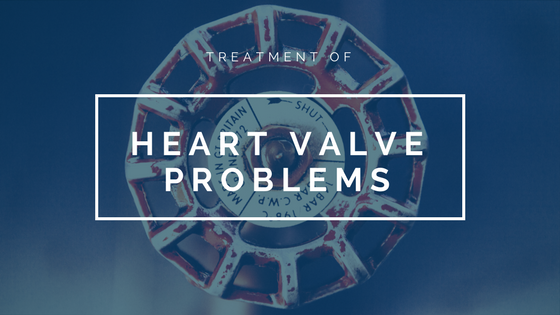“There is no medicine that can reverse these valve problems. We have revolutionized the treatment of walls and heart failure, but there is no drug, unfortunately, that can help regrow the valve or dissolve that scar.”
Unfortunately, much like wall damage, malfunctioning doors cannot be cured with a quick fix. With the walls, we talked about the three drugs that helped lessen the symptoms and, in some cases, reverse the mild damage. However, there is no drug that can dissolve scars or regrow damaged valves. Although dermatologists and cancer researchers have found drugs that can be injected into scars to decrease their burden in other areas of the body, they cannot use them on the heart because it is moving and beating. Drugs such as those would cause a short circuit in the wiring of the heart, which can lead to cardiac arrest (the ceasing of the heartbeat). There was a patient who was a mechanic and worked on car engines for a living. He says, “Doc, when I fix the engine, I get 200 bucks, but when you fix the engine you get 2,000 bucks. That doesn’t seem to add up. What is the deal with that?” To which the doctor replies; “Try doing it with the engine on.” As a cardiologist, I don’t have the luxury of turning off your heart before I fix it. I am working with an organ that provides a vital process to the body, which both limits our ability to address problems and adds an element of danger and timeliness to the treatment.
Some damage to the valves can be mild enough that the patient can live with the minor side effects. In these cases, the doctors will monitor patients through echocardiogram to keep an eye on how the damage is progressing. They may also restrict extraneous activity like weightlifting or running.
On the other hand, when the symptoms become more severe or the case more life-threatening, a surgeon will need to step in. Unlike with the walls that will slowly resolve the damage over time once the root cause is removed, the valves, once damaged, will remain damaged forever. If a cardiologist suspects the need for surgery, he or she will begin with a cardiac catheterization to confirm the need for valve replacement surgery. Valve replacement surgery comes with risks since it is open-heart surgery. When replacing the heart’s valve, doctors have two choices, bioprosthesis or mechanical prosthesis. Bioprostheses come from either pigs or cows. They are not known to be as durable but do not require life-long blood thinners to prevent the body from seeing them as foreign objects, as is the case with mechanical prostheses. Mechanical prostheses are durable but require a more extensive regimen of monitoring and medicine to prevent the body from rejecting them.
Recovery from valve replacement surgery may be a long process.
However, most patients find that their symptoms subside quickly. Once patients recover, it is important to follow the cardiologist’s recommended recovery and lifestyle plan to avoid the return of the heart valve disease.

